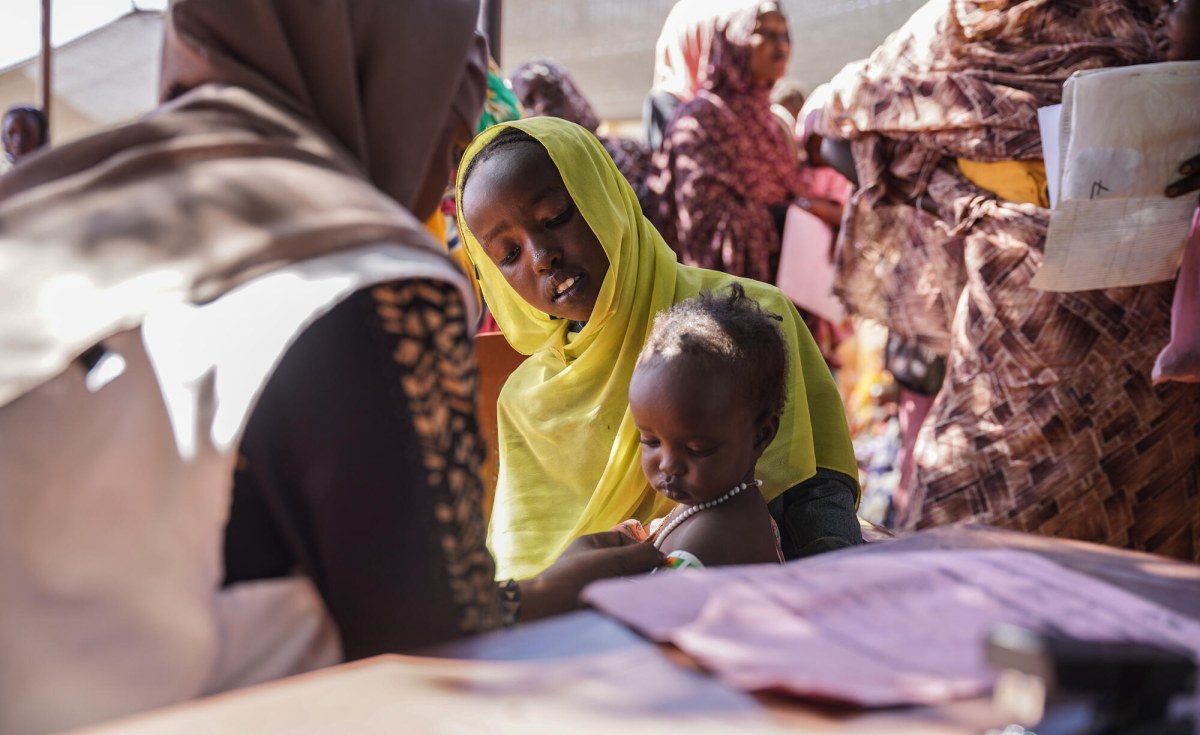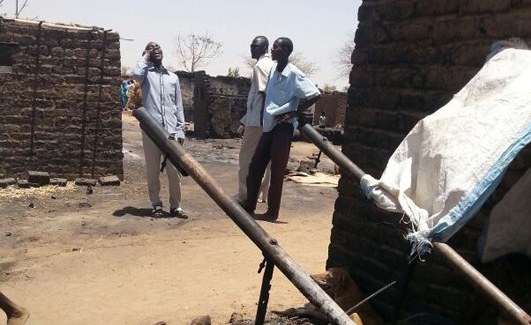With the inability to bring in sufficient and sustained levels of humanitarian supplies, cash and fuel, the humanitarian situation in the North of Ethiopia is set to worsen dramatically, particularly in Tigray region.
An estimated 5.2 million people, or 90 percent of the population across the Tigray region, urgently need humanitarian assistance, including 400,000 people already facing famine-like conditions, to avert the world’s worst famine situation in decades. Millions are on the brink of going hungry, including 1.7 million people in the bordering areas of the Afar and Amhara regions. Young children, pregnant women, and new mothers also suffer alarmingly high levels of malnutrition, where UNICEF recently alerted that over 100,000 children in Tigray could suffer from lifethreatening severe acute malnutrition in the next 12 months – a tenfold increase compared to the average annual caseload.
While humanitarian access is now viable and overall secure inside most of Tigray, the region remains under a de facto humanitarian aid blockade, where access to bring life-saving humanitarian relief continues to be extremely restricted. There is only one road via Afar that humanitarian partners can use but logistical and bureaucratic impediments including long delays for clearance of humanitarian supplies render passage extremely difficult.
Stocks of relief aid, cash and fuel are running very low or are completely depleted. Food stocks already ran out on 20 August. A minimum of 100 trucks of food, non-food items, and fuel must enter Tigray every day to sustain an adequate response. To date, and since 12 July, only 335 trucks have entered the region – or about 9 percent of the required 3,900 trucks. Not one single truck has entered the Tigray region since 22 August. Currently there are 172 trucks stranded in Semera and substantial supplies are stockpiled in Djibouti, Adama and Kombolcha due to federal and regional administrative constraints.
To sustain humanitarian operations, about US$6.5 million, equivalent to 300 million birr in local currency, are needed every week, either through a functioning banking system or Government approval to transport cash. Since 12 July, only 88 million birr has been cleared or dispatched to Tigray, or 4.2 percent of what is needed. As per the procedures set by the Government of Ethiopia, partners can only carry a maximum of 2 million birr on the UN Humanitarian Air Service flight.
Only $20,000 of cash is currently available to partners in Tigray while $132.5 million is required till the end of the year.
While a minimum of 200,000 liters of fuel is required for humanitarian response every week only 282,000 liters (12 trucks) have reached Tigray since 12 July, and none since 16 August, about 28 percent of the amount needed since then. Delivery of health emergency kits for 2.3 million people, for example, is no longer feasible as supplies, cash and fuel are exhausted, while vaccination against measles, polio, and COVID-19 are unavailable, affecting over 1.5 million people.
Similarly, construction of sanitation facilities at displacement sites are not possible at all affecting more than 450,000 people.
In light of the insecurity in conflict-affected areas of Afar and Amhara, reaching people in need through Tigray may be the most practical approach, but would require additional supplies to enter to respond.
In accordance with international humanitarian law, all parties to the conflict must allow and facilitate the rapid and unimpeded passage of impartial humanitarian relief to avert this looming catastrophe. They must also respect and protect all humanitarian personnel and assets. In particular, the Government of Ethiopia must allow and facilitate the unimpeded entry into the country, as well as movement within the country, of humanitarian relief personnel, supplies and equipment, including cash and fuel, whether over land, water or by air. This includes lifting bureaucratic impediments, expediting clearance of humanitarian supplies, and simplifying administrative procedures relating to relief operations.
The Government of Ethiopia is also urged – in accordance with its obligations under international human rights law – to restore essential services, including electricity, communications, and banking services, as well as the flow of essential commercial commodities into Tigray.
The lives of millions of civilians in Tigray and neighboring regions in Afar and Amhara depend on our capacity to reach them with food, nutrition supplies, medicine and other critical assistance.
We need to reach them immediately and without obstruction to avert famine and significant levels of mortality.
Distributed by APO Group on behalf of Office for Coordination of Humanitarian Affairs (OCHA).
Source
South Africa Today Africa – Central Africa Central African Republic News









